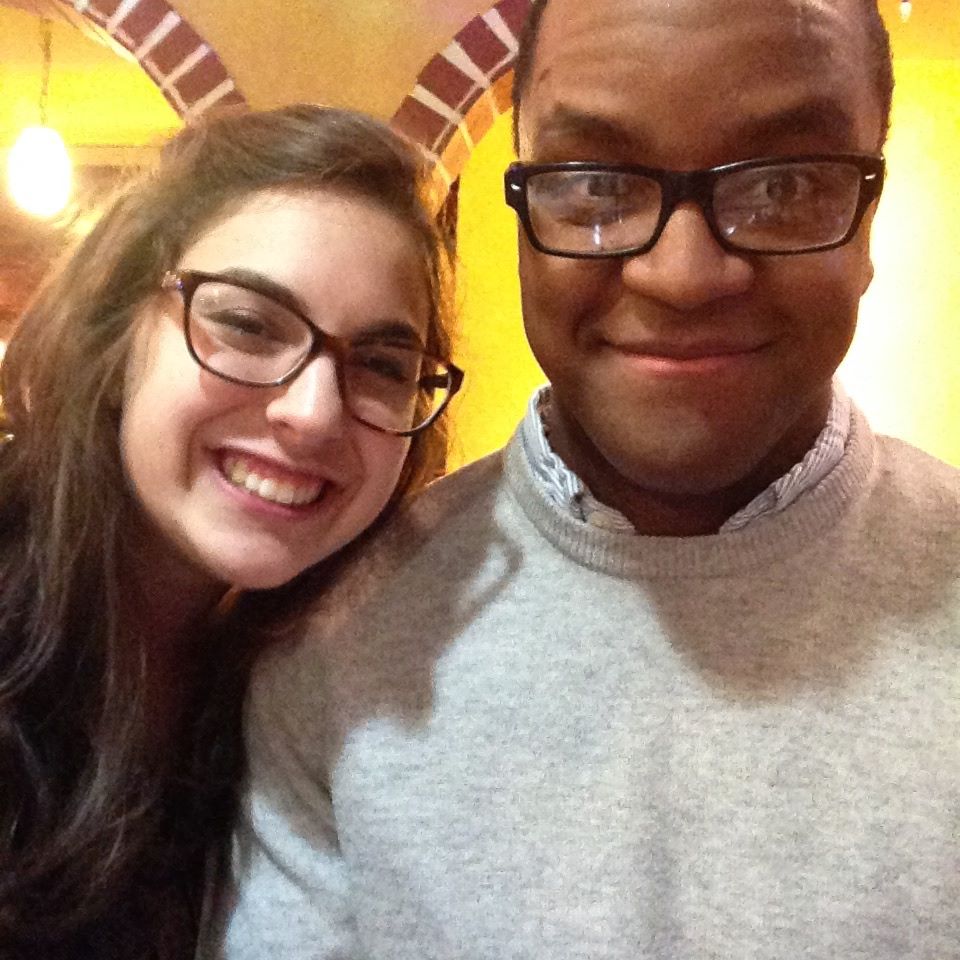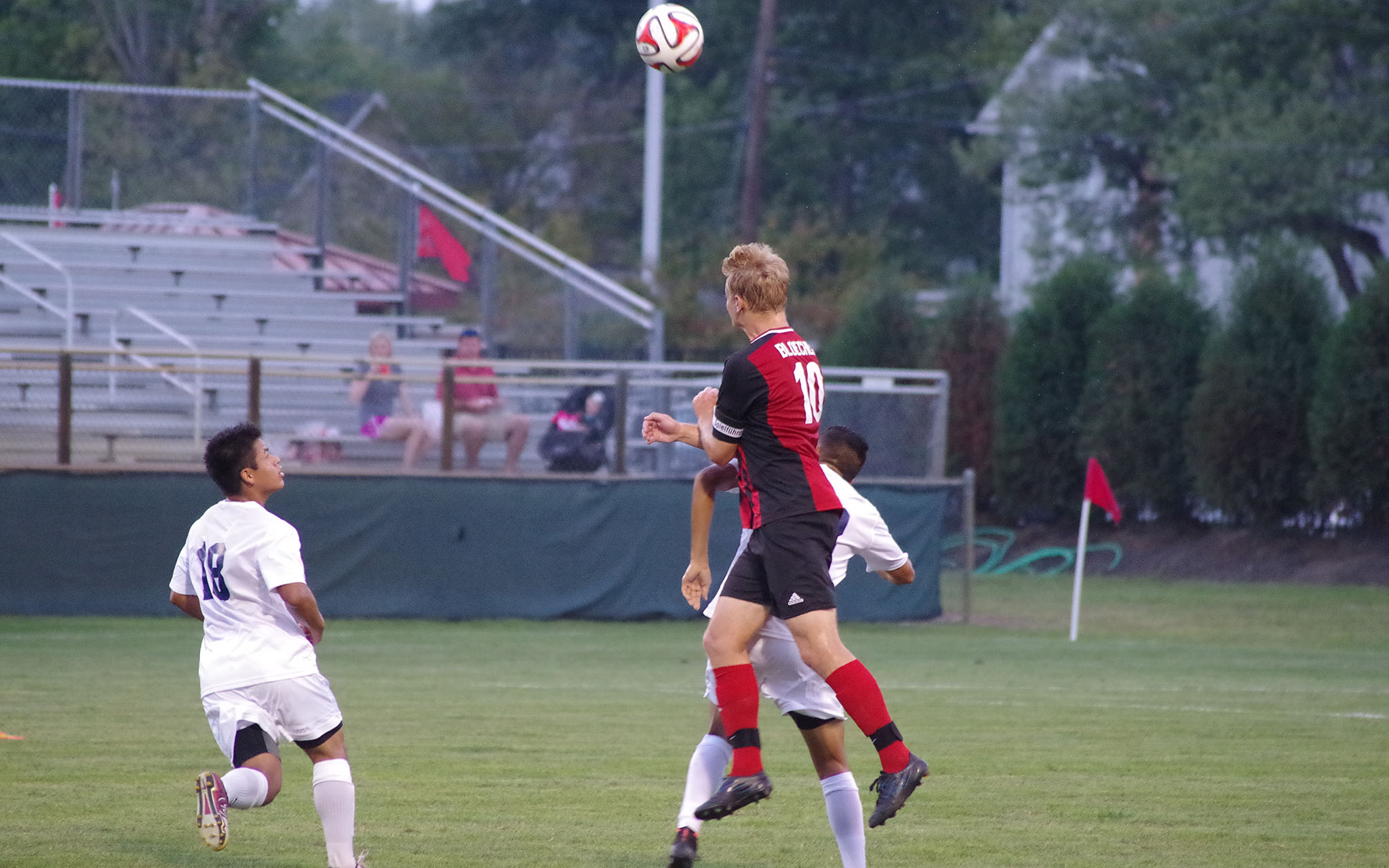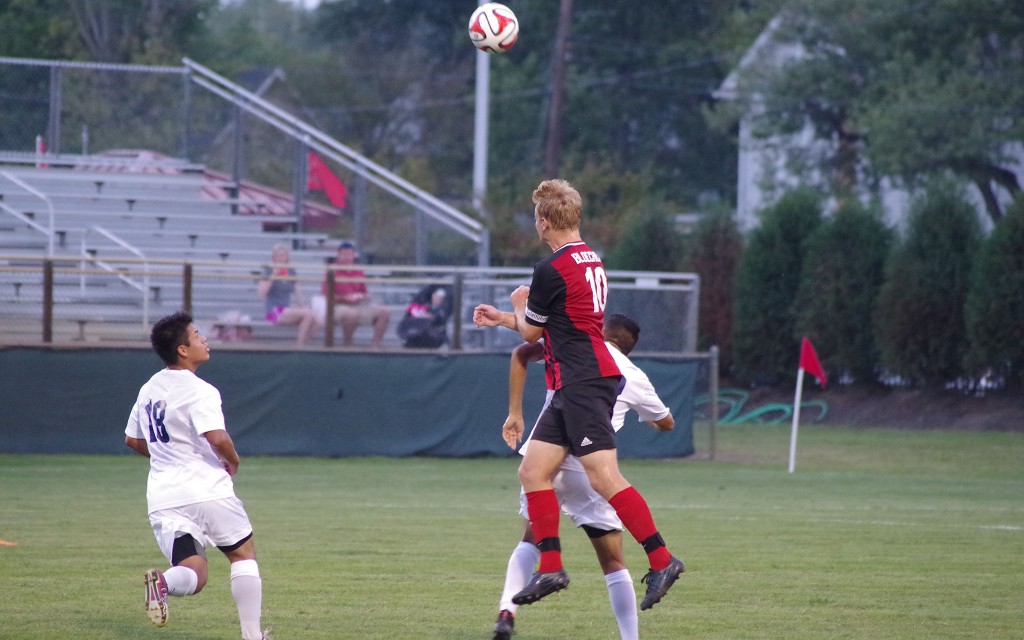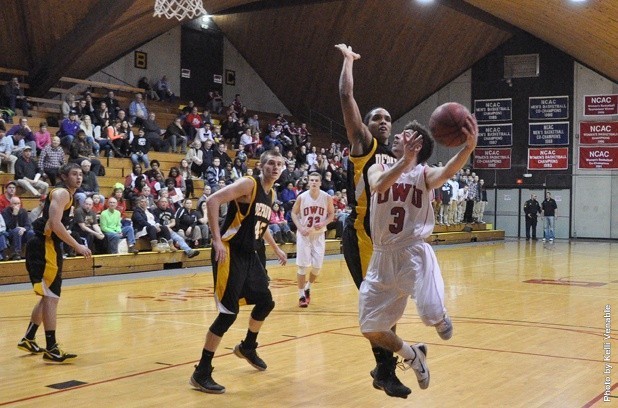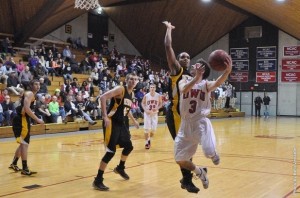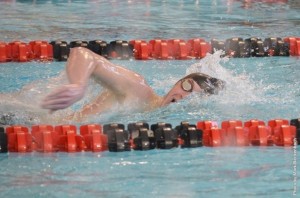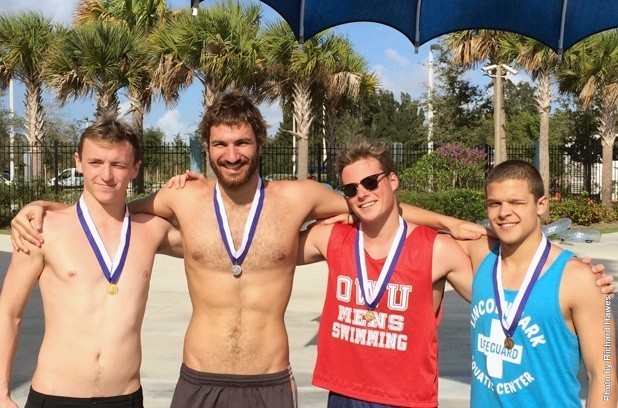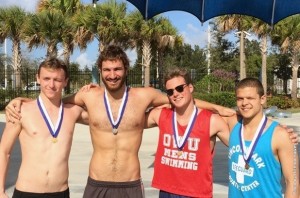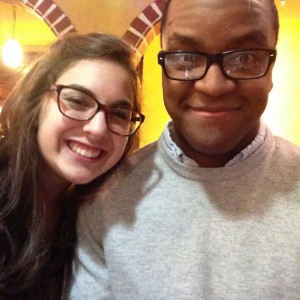
Every new Wesleyan Council on Student Affairs (WCSA) administration has grand plans for their tenure, and this administration is no exception. President Jerry Lherrison and Vice President Emma Drongowski, both juniors, have ambitious plans and are willing to tackle them head on.
Their platform centered on three main ideas: the marketing of resources on campus, working with the university to build better relationships with freshmen and increasing sustainability on campus. One of their main goals is to create a welcome packet for every incoming freshman, so that they would be better acquainted with WCSA and everything it provides, Lherrison said.
“Every president has new things they want to do, every vice president has new things they want to do,” Lherrison said. “So what you get are a bunch of things you want to get done…what we want to do is continue [the previous administration’s work] but also include things like the work with the freshmen.”
Both Drongowski and Lherrison want to increase student group involvement within WCSA. Previously, WCSA encouraged ex-officio members of groups to come to WCSA meetings, but both Drongowski and Lherrison said very few groups participated or sent representatives.
“Engaging clubs and having them recognize that WCSA does more than just fund them is important to us, because oftentimes clubs don’t realize we have other resources available to them, like leadership support, organizational support…They basically come to us when they need money, and the relationship can be strained between WCSA and clubs and organizations if the only interaction they have with us is if we reject their funding,” Drongowski said.
The new treasurer, sophomore Graham Littlehale will also take an active role with student groups. He is planning on increasing budget management system (BMS) training, which is required in order to apply for funding. Instead of having only one session, he is increasing it to two sessions a semester, which allows for more training opportunities for the groups.
“We would see students send in budget requests but not attend BMS, and obviously they couldn’t receive funding and would be very angry about it. It’s just how it works, we have to inform them and have a proper session, and they would have to attend it,” Littlehale said.
Before funding requests are due, Littlehale is planning to meet with the executive boards of clubs and groups to answer any financial questions they may have to make the process smoother for everyone involved.
WCSA has regular meetings with the university’s administration, also known as Archway. They meet from once to as much as three times a month, and discuss issues involving the community and “OWU as a macroscopic view to be better,” as Lherrison puts it. Drongowski and Lherrison attend the meetings, and are planning on putting in a rotating chair for other members of WCSA to be a part of this process.
Drongowski and Lherrison also spoke of the possibility of the administration having focused meetings, open to the entire student body to discuss a specific topic. They said the administration brought up the idea and are very open to it.
One new initiative both Drongowski and Lherrison are very excited about is their push to get rid of all plastic water bottles on campus and moving towards reusable water bottles. WCSA recently purchased six new hydration stations and will be installed this semester in residence halls.
“It is in the university’s long-term plans to have them [hydration stations] installed in every building and have upkeep,” Lherrison said. “We wanted to foot the bill at first to show that we really wanted to push this thing forward, but it is well within their budget.”
Both Merrick Hall and the Simpson-Querrey Fitness Center will have the hydration stations.
Drongowski cautions this is still in the very early stages of development, and many of the logistics still need to be figured out.
“I think we would be in the first school in Ohio to do so,” Drongowski said. “As an organization, we are very excited to investigate it.”
